It’s an interesting phenomenon: when you are not feeling at the top of your game, you try to find an excuse for it rather than assuming that something is wrong. Is it because we don’t like going to the doctor? Is it because we are afraid that something may actually be wrong?
Too often, we reason our way out of our own fatigue. You may think: “I did not get enough sleep last night.” “My job is really stressful right now.” “I would feel much better if I just lost those few extra pounds.” “I should eat a more healthful diet.” “I need to exercise more.” Or, the ultimate rationalization: “I am just feeling my age.”
While it’s true that many of these explanations can affect how you feel, sometimes it is hard to put a finger on what’s wrong. For example, if you are a man, ask yourself if you are experiencing the following issues:
- You have trouble focusing on tasks, particularly mental tasks
- You have occasional bouts of depression
- You do not have a lot of energy and often feel fatigued even when you have not done anything strenuous or when you have had sufficient sleep
- Your muscle mass has decreased
- You have more abdominal fat
- Your sex drive has noticeably decreased
- Your athletic abilities and stamina have significantly abated
Or, if you are a woman, ask yourself if you these symptoms describe you:
- You have dramatic mood swings
- If you are pre-menopausal, you have painful or irregular menstrual cycles
- You have trouble sleeping
- You find yourself in a brain fog, even with adequate rest and decent nutrition
- You have feelings of anxiety out of proportion to legitimate concerns
- You have occasional bouts of depression
- You have gained weight, even though your diet has not significantly changed
- You experience low energy
Everyone feels these things now and then. But when these experiences begin to dominate your life, one thing you should consider is whether you have a hormonal imbalance.
Hormones Affect How Your Body and Mind Function
Your body’s endocrine system produces more than 50 hormones that regulate your body’s functions. Although most people only think of sexual function when talking about hormones, hormones affect a lot more. In addition to testosterone and estrogen, insulin, glucagon, adrenalin, thyroid hormone, cortisol, and melatonin are hormones your body produces. Hormones control your growth, sexual development, sexual drive, response to stress, digestion, sleeping cycles, metabolism, and energy levels.
Consequently, when your hormone levels are out of balance, you can experience a host of problems that often manifest as being a little “off” rather than outright feeling so ill or bad that you know with certainty that something is wrong.
You cannot assume that your body is naturally triggering proper hormone production. Numerous factors can affect your hormone levels: nutritional deficiencies, stress, smoking, drinking alcohol, caffeine consumption, lack of sleep, exposure to chemicals, and so on. In addition, as you age, your body’s systems naturally start to degenerate and do not function at their peak.
When your hormones are out of balance, it can affect your mood, your digestion, your sexual drive and performance, your energy, and so on. So, while you may be correct that you “just need to exercise more and lose a little weight, you may be getting things the wrong way around: maybe you are having trouble losing weight or having the energy to exercise because your hormone levels are not what they should be.
Hormonal Imbalances Can Be Rectified
Simply feeling bad, however, is not how you determine whether your hormone levels are not optimum; there can be several reasons for these symptoms. The proper method is through a simple blood test: no expensive and time-consuming scans and tests, just a relatively quick blood draw.
When our physician orders your lab bloodwork, he will order specific tests, or panels, that measure particular markers. If you have ever seen a complete blood test result, you will realize that your blood can reveal numerous things about your health, including whether your hormonal balance is ideal.
When your physician orders a blood test, the physician will not necessarily order every panel. And while your physician will look at all of these numbers, the physician is primarily looking for outliers – markers indicating something is seriously wrong. So, if your levels are within the “normal” range, your doctor will probably not make an issue of it. But good health does not just mean that you are not ill; it should mean performing at your peak. At REVV Health, we aim to analyze your blood from the standpoint of what your hormonal levels should be to help you feel your best.
If you would like to find out more about what REVV Health can do for you, or if you want us to analyze your blood to determine whether hormonal imbalance may be the source of your not feeling well, contact REVV Health today.


